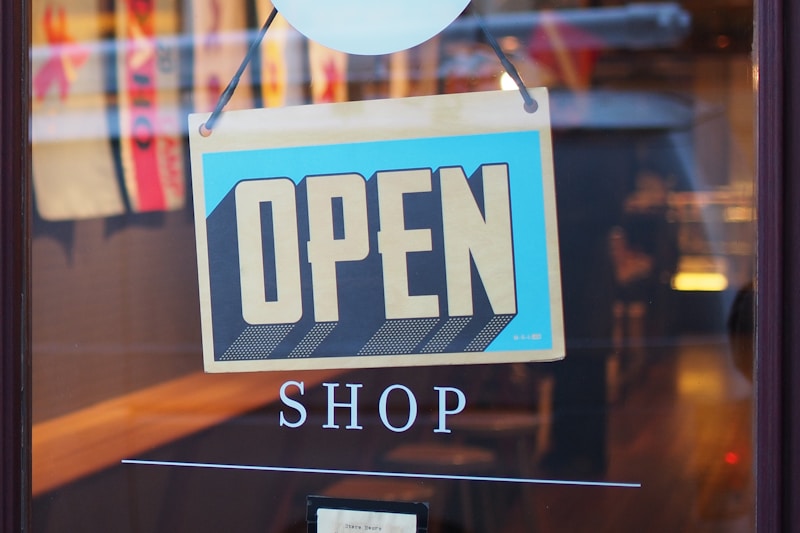Real Estate Tax Considerations for Bridal Shop Locations
Real Estate Tax Considerations for Bridal Shop Locations
Opening a bridal shop can be an exciting venture, but it also comes with a set of financial responsibilities, particularly regarding real estate taxes. Understanding real estate tax considerations for bridal shop locations is crucial for both new and existing business owners. In this article, we will explore several key aspects that every bridal shop owner should keep in mind, including zoning laws, property taxes, location advantages, and tips to optimize your expenses.
Understanding Real Estate Taxes
Before we delve into specific considerations, let’s first clarify what real estate taxes are. Property tax is a levy that governments impose on real estate properties. The revenue generated from these taxes is typically used to fund local services such as schools, police and fire departments, infrastructure maintenance, and more. For a bridal shop, understanding how these taxes can affect your bottom line is essential.
Zoning Laws and Their Impact
When selecting a location for your bridal shop, it's paramount to consider zoning laws. Zoning laws regulate how a particular piece of land can be used, which can significantly influence your business operations.
| Zoning Type | Description |
| Commercial Zoning | Allows businesses to operate; ideal for bridal shops as they attract a high foot traffic. |
| Mixed-Use Zoning | Combines residential and commercial properties, which may provide a unique customer base for your shop. |
| Residential Zoning | Typically not suitable for retail businesses like bridal shops. |
Understanding these zoning types helps you identify the most suitable location for your bridal shop and avoid potential legal troubles.
The Importance of Location
Choosing the right location is crucial for the success of your bridal shop. Not only does it affect customer foot traffic, but it can also impact your real estate taxes. For example, areas with high demand and premium locations often come with higher property tax rates. Therefore, weighing the benefits of increased visibility against the costs is pivotal.
Location Advantages
- Accessibility: A location with good public transport connections can attract more brides-to-be.
- Local Competition: Being aware of other bridal shops in the area can help you find a niche.
- Community Events: Shops near venues that host wedding expos or similar events often see increased traffic.

Property Taxes: What to Expect
Property taxes can vary significantly by region and depend on the assessed value of your property. As a bridal shop owner, consider the following:
- Assessed Value: Regular assessments by local governments can lead to fluctuations in your tax payments.
- Exemptions: Investigate if there are any exemptions or reductions available for small businesses.
- Tax Rates: High tax rates in certain areas may lead you to consider relocating, even if it means losing some out on foot traffic.
Planning for Tax Payments
Effective budgeting and financial planning can greatly ease the burden of real estate taxes. Consider setting aside a specific percentage of your monthly revenue to cover these expenses.
Tax Deductible Expenses
As a business owner, several expenses related to your bridal shop may be tax-deductible. Familiarizing yourself with these can lower your overall tax burden:
- Business Equipment: Purchases of computers, sewing machines, and furniture can be deducted.
- Advertising Costs: Any expense incurred for promoting your bridal shop can often be deducted.
- Utilities: Expenses for electricity, water, and other essential services may be partially deductible.
- Rent: If you're renting your bridal shop location, that cost is generally deductible.
Consulting a Tax Professional
Given the complexity of taxes, consulting with a real estate tax professional can save you both time and money. They can guide you through local laws, help you maximize deductions, and provide insight into how to strategically plan for future expenses related to your bridal shop.
Conclusion
When planning your bridal shop's location, remember that real estate tax considerations are critical to your overall business strategy. From understanding zoning laws to predicting property tax rates, these factors can significantly impact your bottom line. Consider the advantages of your chosen location, keep an eye on potential tax deductions, and always be proactive about planning for taxes. Consulting a tax professional can provide tailored advice that helps you avoid pitfalls and potentially reduce your tax liabilities. Making informed decisions about where to set up shop can lead to greater success and profitability in the competitive world of bridal retail.
Ultimately, the location of your bridal shop can set the stage for its success or failure. With diligent research and a focus on tax implications, your wedding-related venture can flourish in any market.
